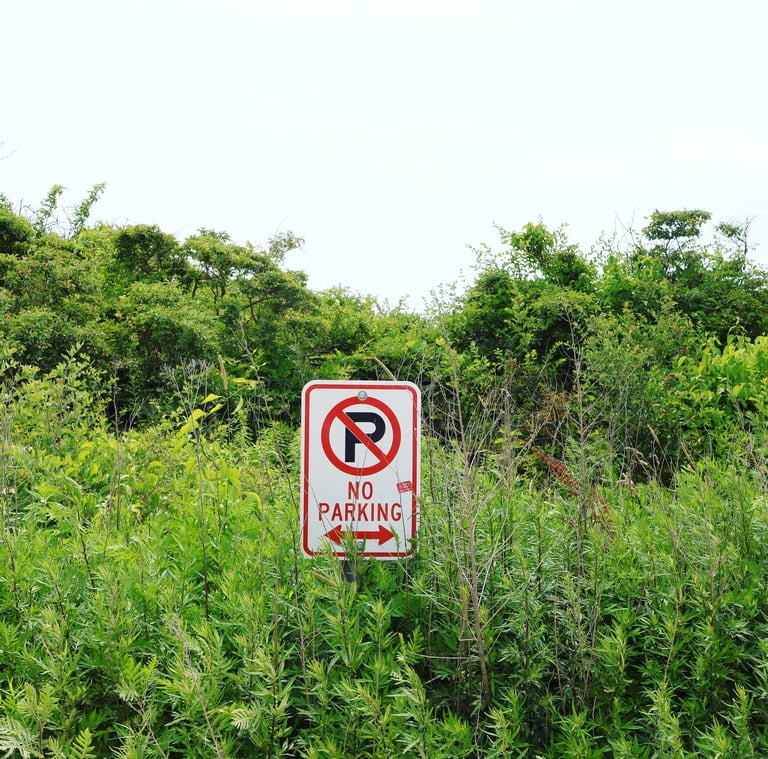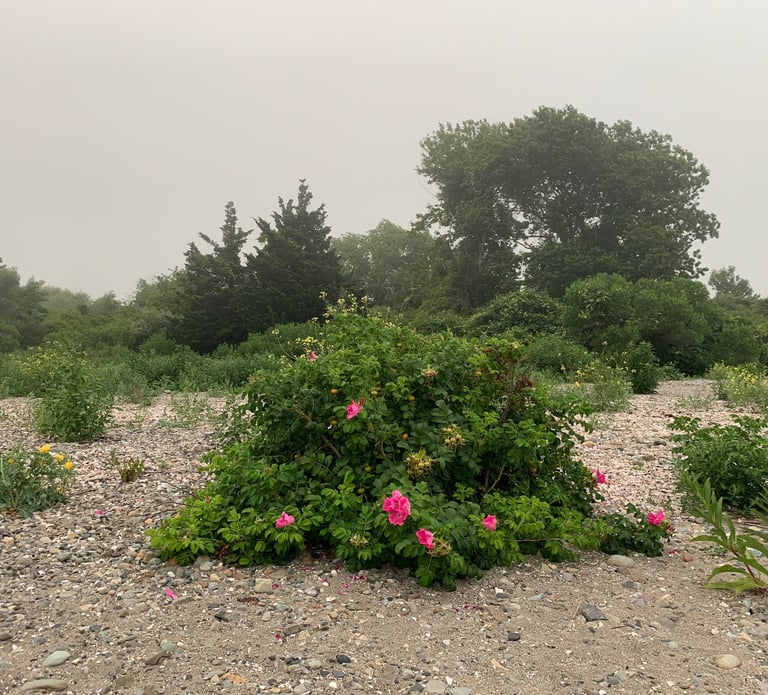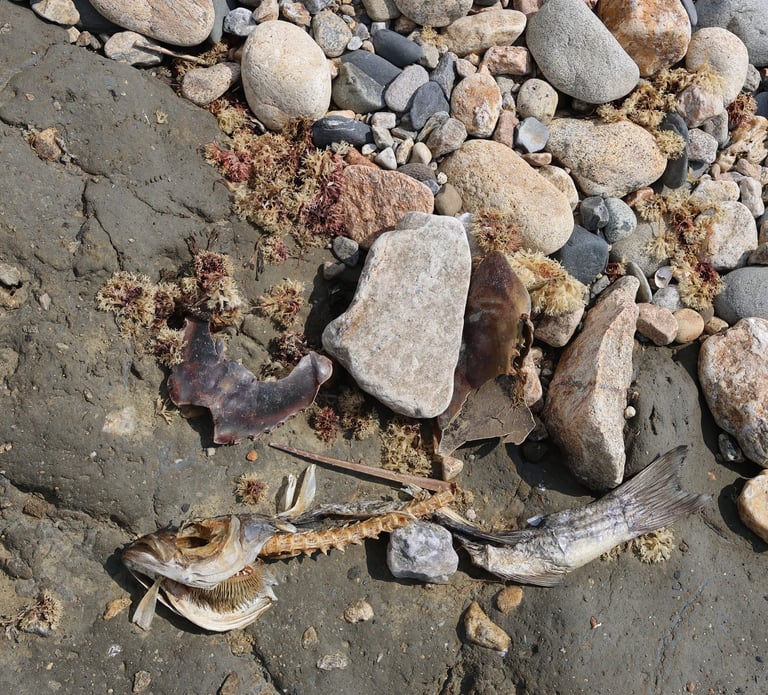Sustainable vulnerability
August 2, 2024
In her essay titled “Soft Talk, Thoughts on Critique,” Leslie Dick talks about the “comforting illusion” of the discursive structures we build to decipher art. She argues that human desire to find an ultimate authority, the one who knows the right from the wrong, or the good from the bad, drives us to build these structures which in return become mechanisms that perpetuate a presumed authority. Yet, she suggests, these structures are less of an authority on what they are built for and mostly exist to perpetuate and maintain the perceptions they serve. More importantly, the more rigid they become, the more likely they suffer a takedown, if not a complete erasure. Instead, Dick suggests, “discourse[s] constructed around uncertainty and vulnerability” are more sustainable and generative. And in my practice, I feel like I have been ignoring the fact that vulnerable and uncertain structures we build are far more creative, useful, and long lasting.
In fact, reading Dick’s argument reminded of an exchange I had with the farmer from whom we buy our summer tomatoes. He had only a few left on his stand and said that this would be the last of his tomatoes for the season (we are in mid July), unless there was a rainy spell which could help another patch he had to fruit. When I mentioned the heatwave and the changing weather patterns as the probable cause, he simply shrugged, saying “sometimes you get tomatoes and sometimes you don’t.” Under most other circumstances, I would have taken his words as a sign of his conservative politics and climate change denial. But, having just read “Soft Talk,” I recognized his refusal to build or buy into a discursive structure. And in doing so, he was maintaining an uncertainty and vulnerability which would probably see him through the climate change in the long run.
I have no illusions that the climate change is real and the discourse we have built around it is necessary and useful. But, at the same time, that same discourse is now more than half a century old and receives legitimate criticism. Meanwhile, world farmers have been growing food to the best of their capabilities in real time. Corporate farming, which is in bed with big oil and other corporate structures surely behaves in predictable ways, always concerned with profit margins. But the rural and urban small farmers have long embraced the uncertainties and vulnerabilities brought upon them by nature, and the climate change. This may become the real reason why they could achieve a greater generative and sustainable future than anyone else out there. Perhaps unconsciously, we are all are aware of this, and that is why more and more of us are attracted to growing food in the spaces we have available.





